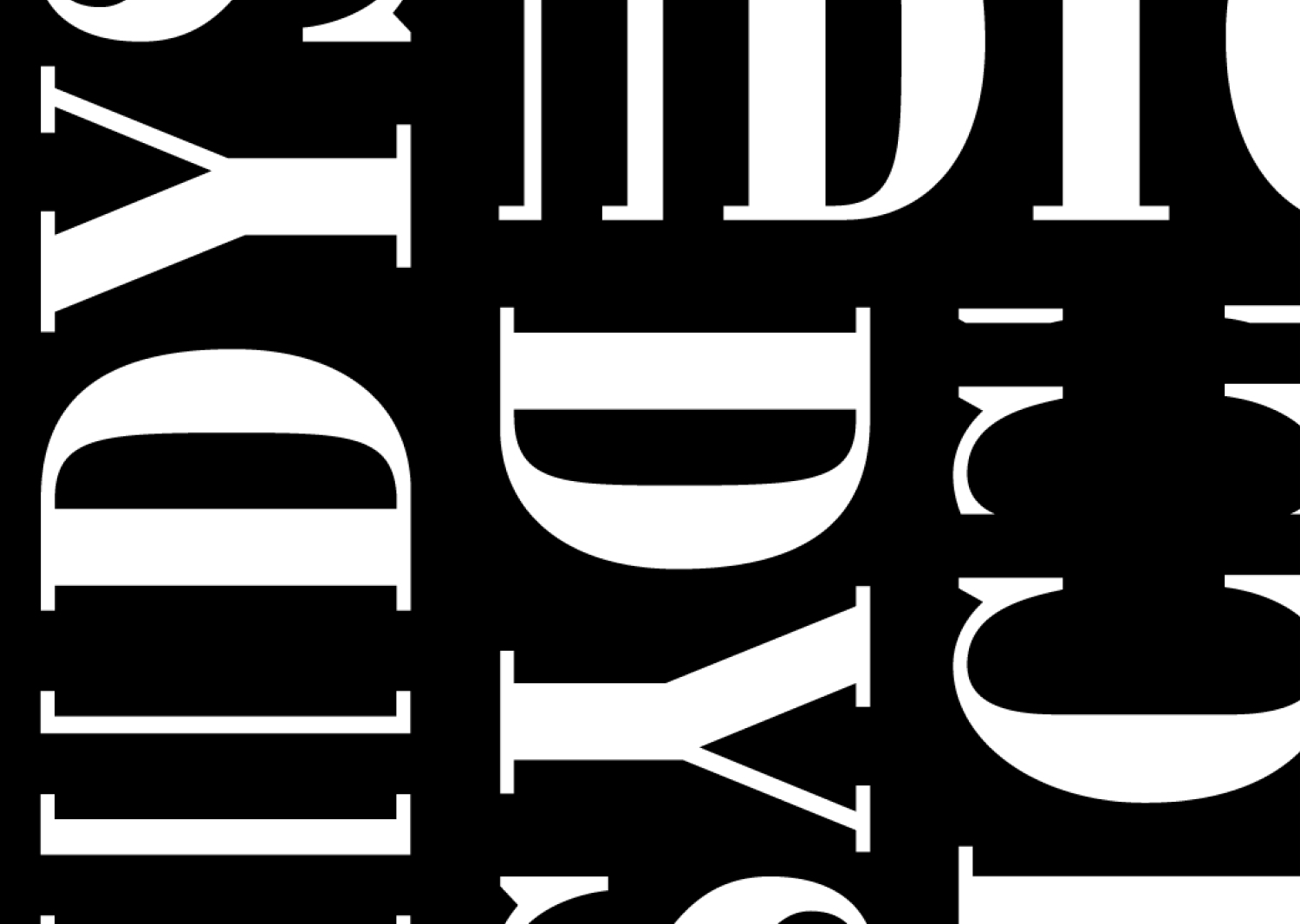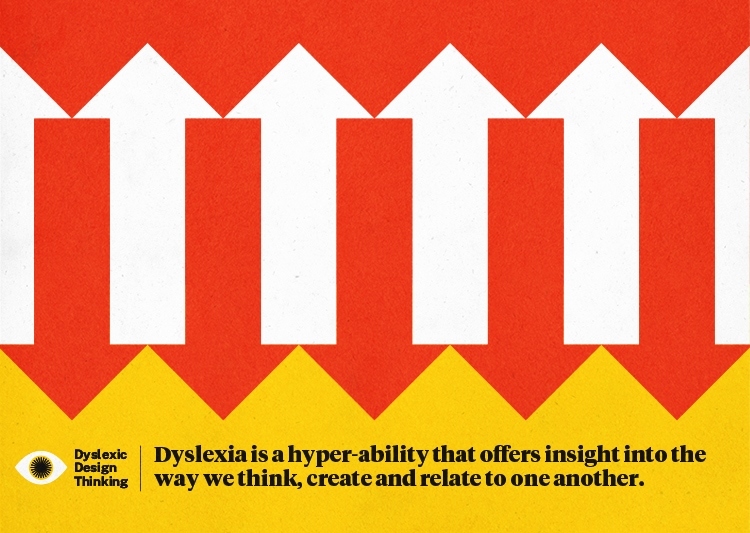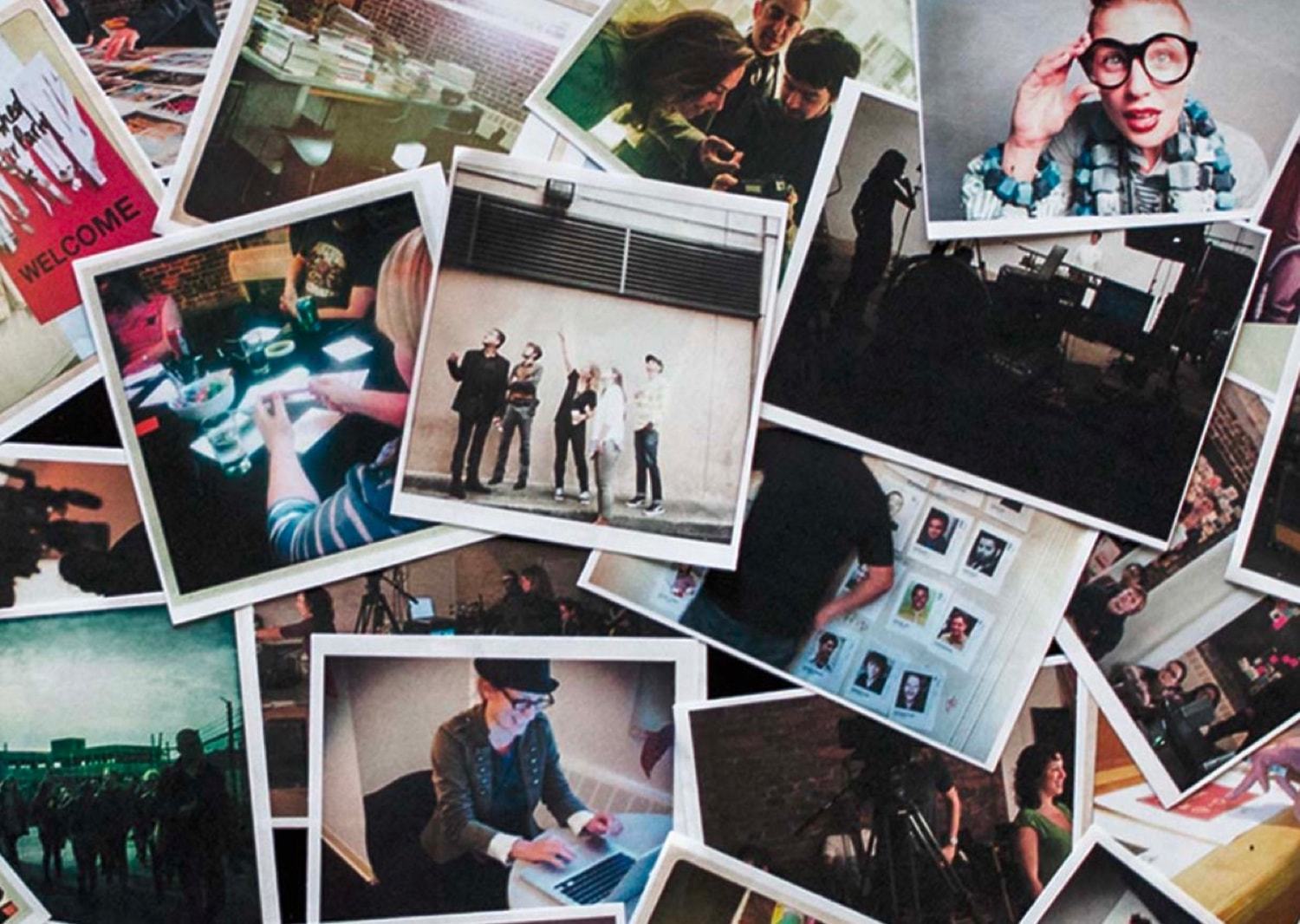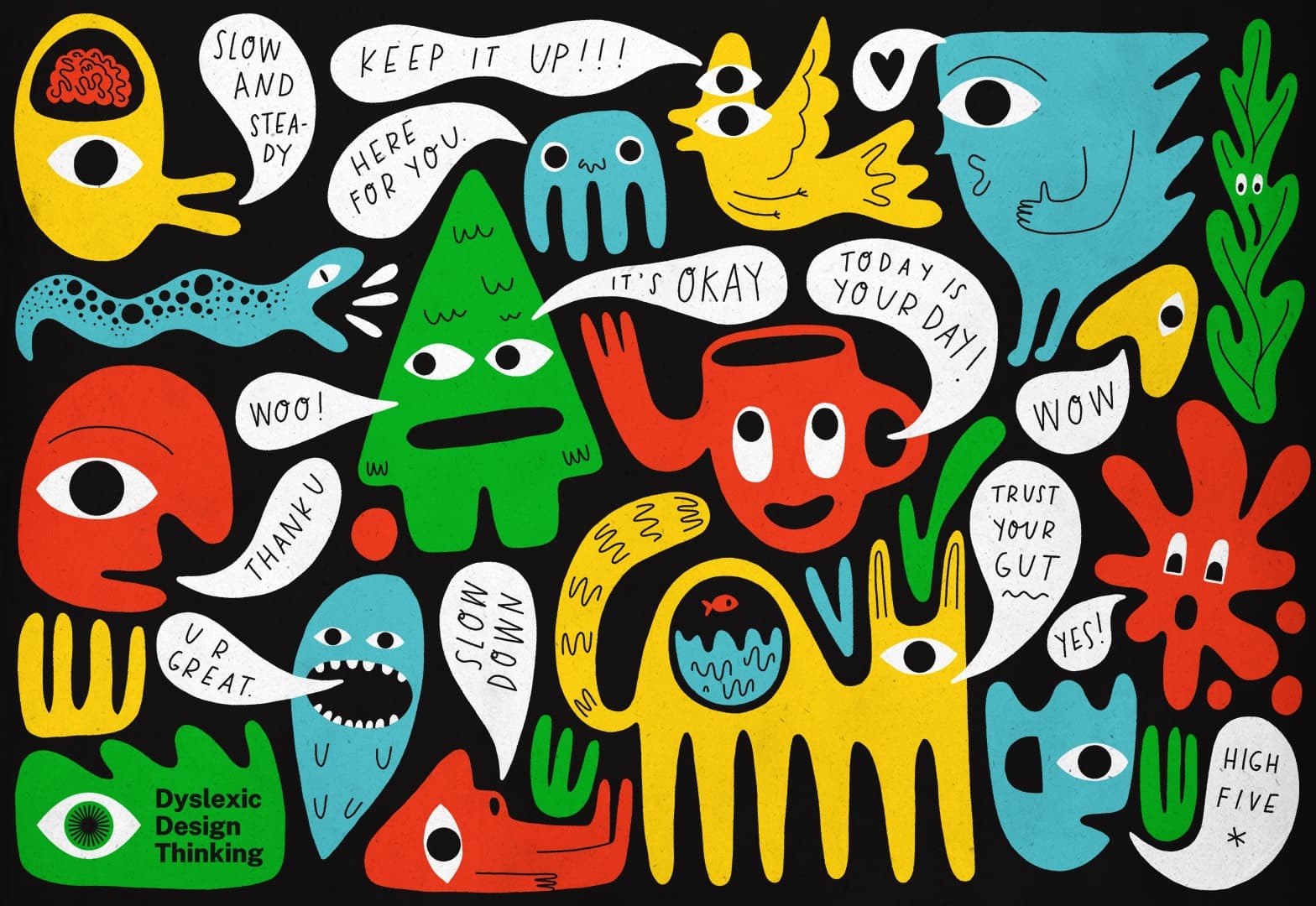
Hard as it is to believe now, I didn’t always understand the power of dyslexia. Growing up, I saw dyslexia as a liability, not an asset. I believed the names I was called. I tried not to draw attention to myself, afraid that my difference would be on display for all to see.
It took years to finally, fully embrace my dyslexia. And now that I’m here, all I want to do is celebrate the gifts it has given me. Which is part of the problem.
In my articles and in my salons, I tend to jump right to the good part. I get so excited about the what (“Isn’t dyslexia great?”) that I gloss over the crucial how.
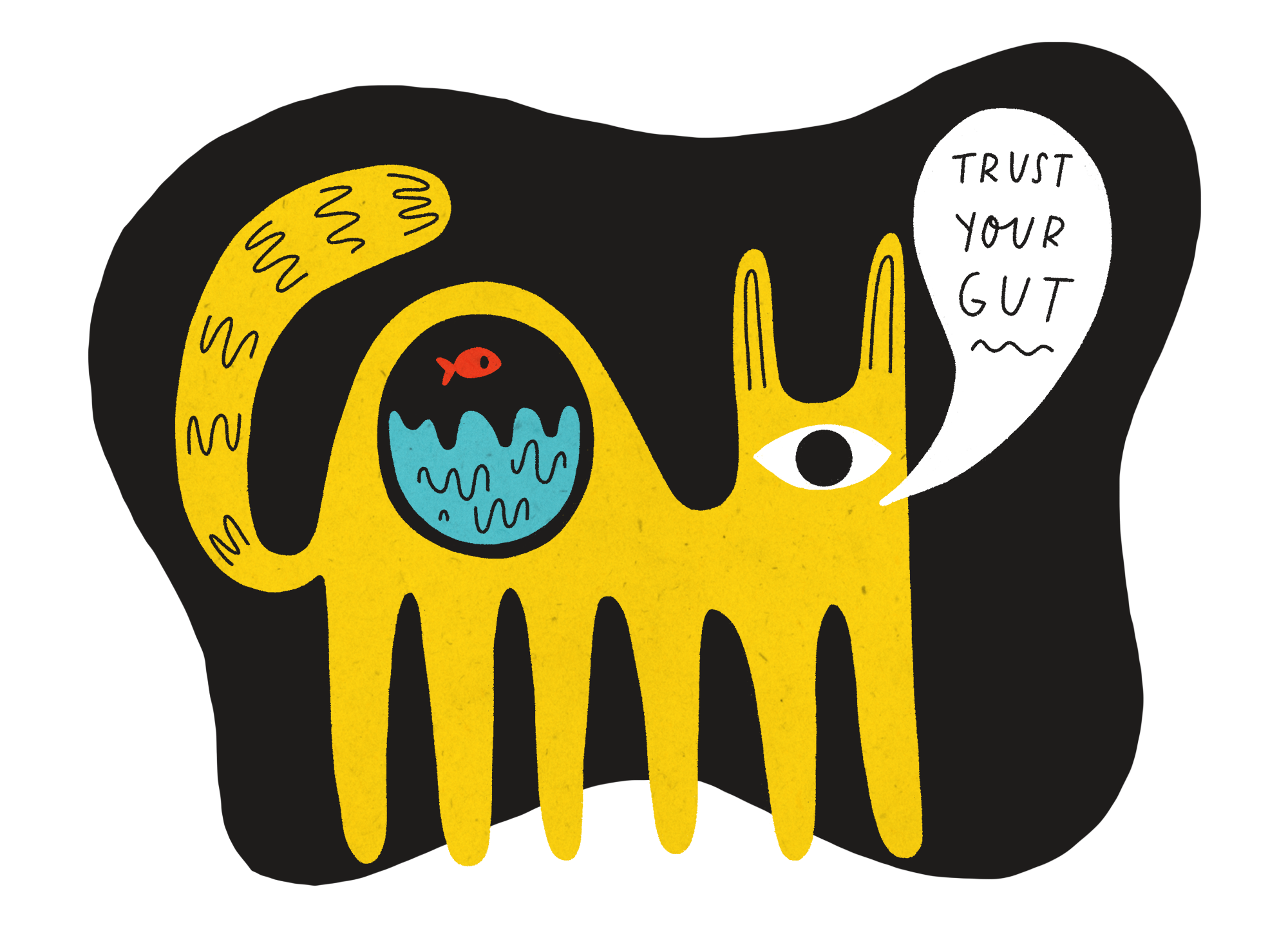
How do you embrace something the world tells you is wrong?
For me, it starts with recalibration. Dyslexia is just like any other difference that prevents us from doing something we wish we could do. To demonstrate, I performed an exercise. I asked my team at Gershoni Creative to think of a skill or ability they wish they had and then explain either how they moved past not having it or how they ended up gaining it.
Their answers were illuminating. Some said they repeated the same task over and over again until they mastered it. Others found shortcuts or loopholes. A few were open about their shortcomings and found communities of kindred spirits to commiserate with. Others shifted their mind-set completely. They never gained the ability they sought nor were they upset about it. They simply learned not to let their inability (or others’ reaction to it) define them.
So what did this exercise teach us? We’re not alone!
Not everyone has dyslexia, but everyone has felt like they weren’t good enough. Or fell short of expectations. Or were told they didn’t have what it takes. The sooner we understand that obstacles are part of the human experience, the quicker we can move toward wrestling with them.
Here are a few more tips for how to embrace dyslexia — or any difference that comes your way:
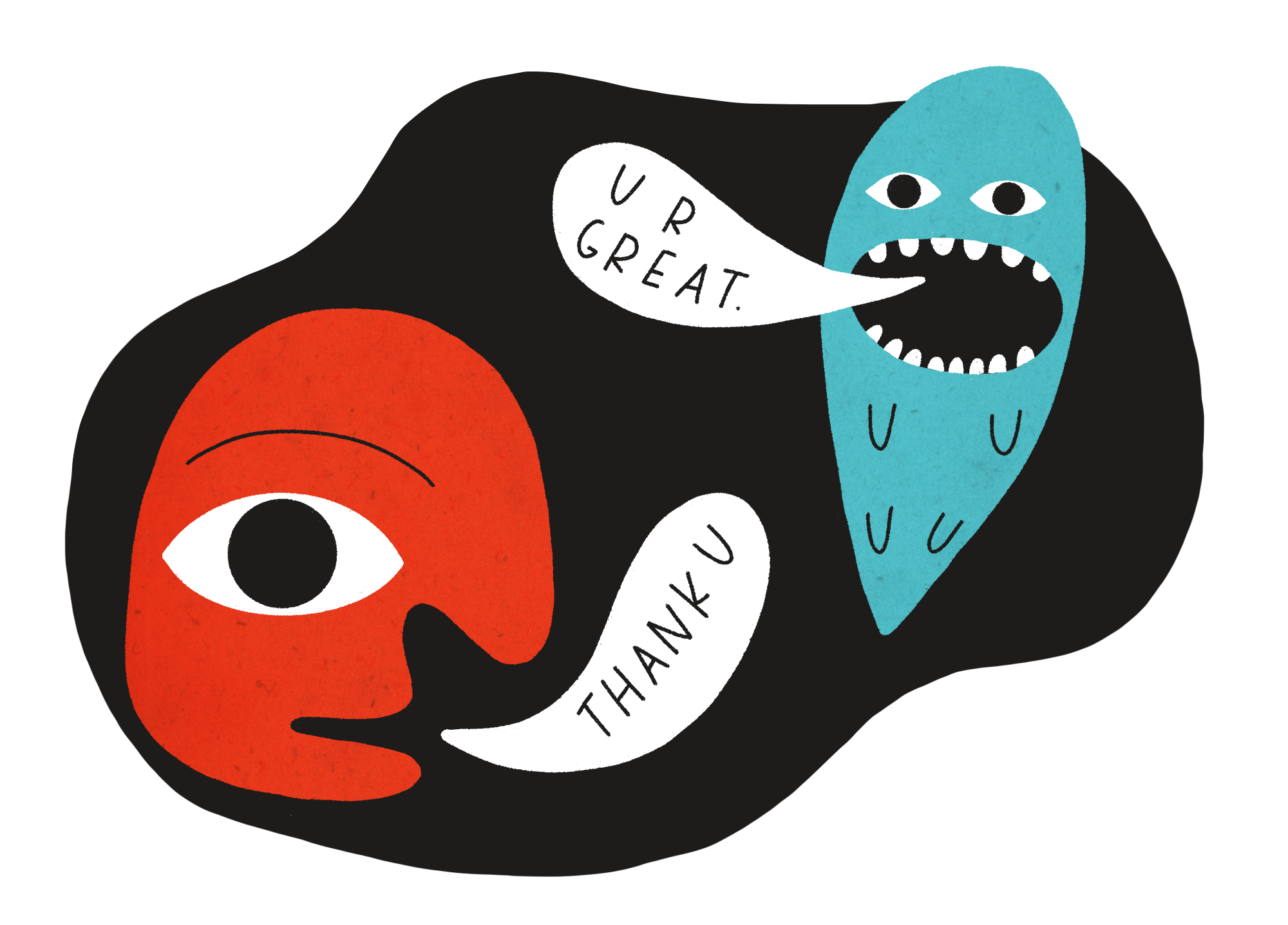
Surround yourself with people who appreciate your gifts.
I make a point of seeking out the company of people who are open-minded, are good listeners or have differences of their own they want to celebrate. It also helps to have parents like mine who recognized my strengths even before I did. There are also communities of dyslexics where you can listen to other people’s stories until you feel comfortable sharing your own.
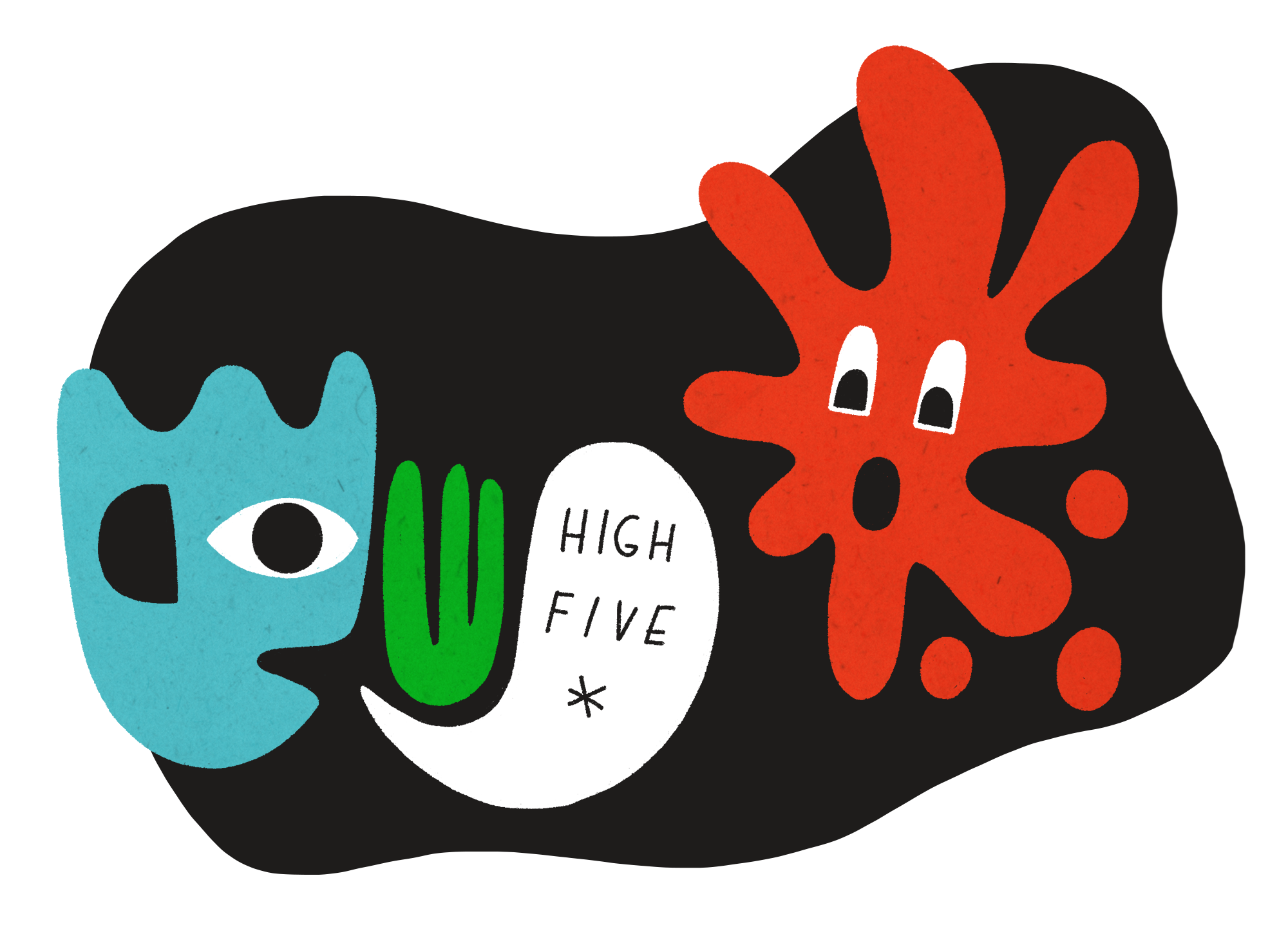
Lean into activities that play to your strengths.
Figure out where you excel, then move toward it. I knew I liked to perform in front of people and interact with a live audience. What about you? Do you have a knack for verbal communication? Are you at your best with a musical instrument in your hand? Can you run long distances without breaking a sweat? Take part in activities that support what you do best and allow you to feel good about yourself.
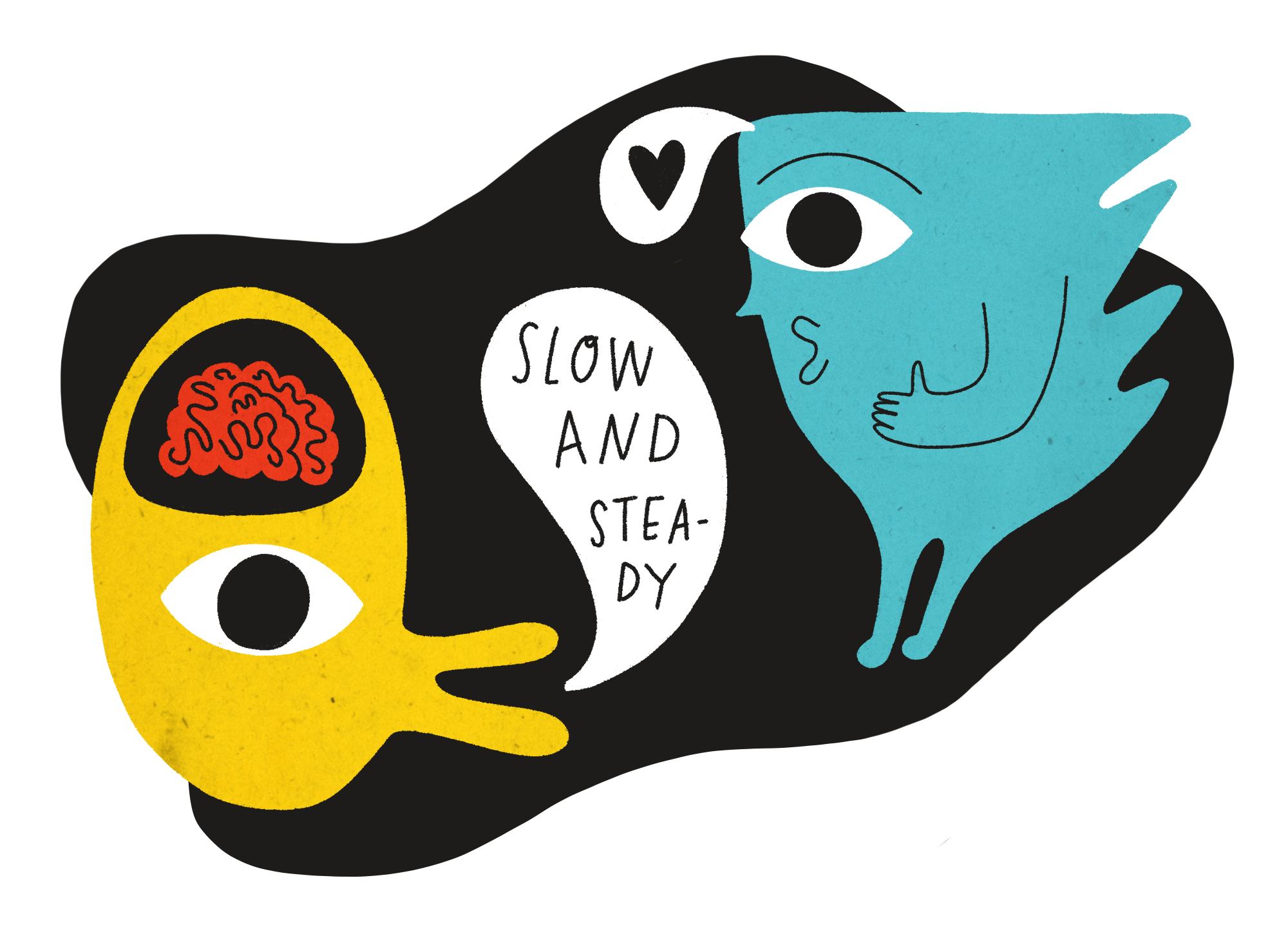
Seek out success stories for tips and inspiration.
Richard Branson, Steven Spielberg, Cher — they put dyslexia on the front pages. But just as notable are the guests we feature on The Bigger Picture With Amazing Dyslexics, like Sally Gardner, who went from “unteachable” student to award-winning author of books like Maggot Moon. Or actor Lloyd Everitt, who transforms his scripts into elaborate “doodles” to help him memorize his lines on shows like BBC’s Casualty. The more stories you uncover, the more it seems like our differences are a prerequisite for success rather than an impediment.
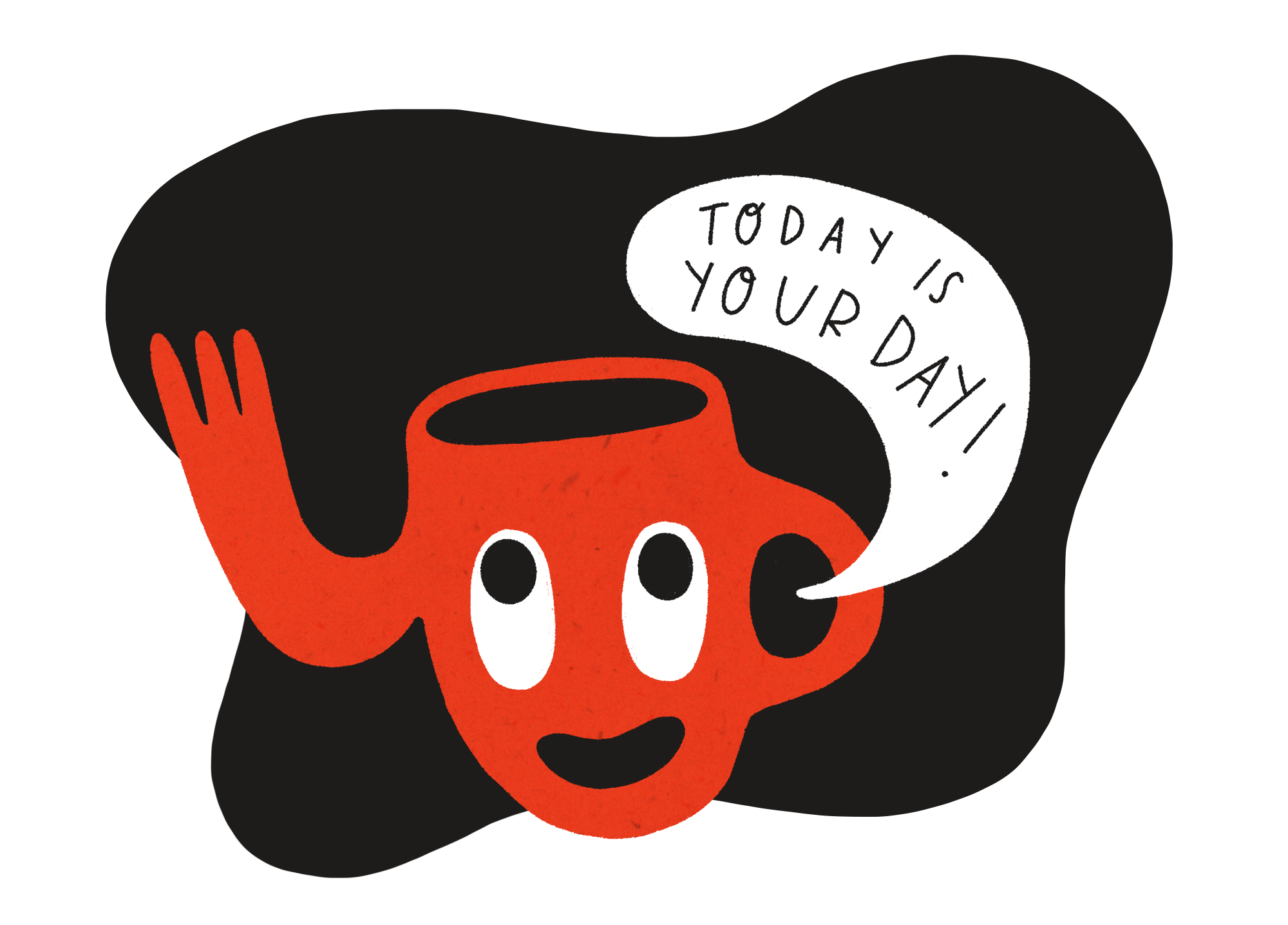
Finally, understand that no one knows you better than you.
When it comes to labels, we get to choose which ones to wear and which ones to discard. I might be dyslexic, but I’m also an artist, an entrepreneur, a father, a husband and a pretty good table tennis player. Take time to appreciate all sides of yourself: the strengths and the weaknesses, the things you can control and the things you can’t. Celebrate your differences. They’re the only thing keeping you from being just like everybody else.
